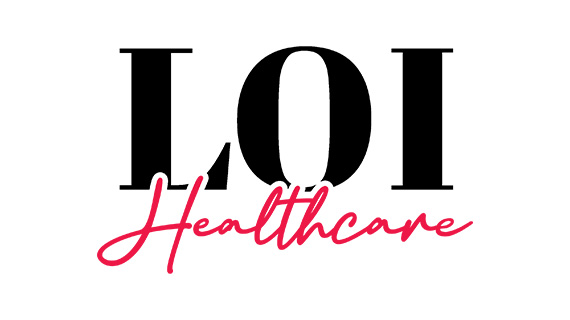Ginseng
What is Ginseng?
Ginseng, which grows naturally in many Far East countries, especially in China and Korea, is a perennial herbaceous plant, usually 30-50 cm long, although it varies from species to species. The trunk is erect and unbranched, the roots are thicker and highly branched compared to the trunk. Every part of the plant from root to tip contains pharmacologically active ingredients, but the most valuable part is usually in the root zone.
The ginseng plant is usually harvested after reaching 3-6 years of age. The type that is preserved in dry air is called white ginseng, while the type obtained by baking in the oven is known as red ginseng.
What Does Ginseng Contain?
The root, stem and leaf parts of the ginseng plant contain 36 different ginsenosides as well as many different components such as essential oil, amino acids, peptides, phytosterols, minerals and vitamins. Especially the root part contains a large amount of vitamins A, B1, B2, B3, B12, C and E. In addition, ginseng root is an extremely powerful source of calcium, iron and phosphorus.
Again, 36 different ginsenoside components, which are concentrated in the root part, are considered to be responsible for many of the beneficial effects of the ginseng plant. This valuable ingredient has various pharmacological and physiological effects such as reducing the risk of cancer disease, providing resistance against diabetes, supporting the normal function of the immune system, protecting the nervous system against damage, supporting memory and permanent memory development, controlling the stress level, is especially in the Far East countries. widely used in the medical field. The ginseng plant has very beneficial effects on the human body, thanks to its many valuable components.
What are the Benefits of Ginseng?
Ginseng is in the form of an adaptogen substance that increases body endurance and resistance. Substances that nonspecifically increase the physical and mental endurance of the body are adaptogenic.
-Thanks to the large number of amino acids, peptides, vitamins and minerals contained in the ginseng plant, it contributes to the physiological functioning of the body. It increases the level of physical performance in healthy people.
-Ginseng, which prevents nerve cell damage and supports neurological functioning by repairing or removing damaged nerve cells, is an extremely important component that increases mental performance as well as physical performance thanks to this feature.
-The ginseng plant, which has antioxidant properties thanks to vitamin C (ascorbic acid), vitamin B12 and phosphorus in its content, helps to remove toxins from the body. For this reason, it both controls stress at the cellular level and shows protective properties against cancer.
-It controls the stress hormone secreted from the adrenal gland, especially in stressful situations; It improves the functions of the thyroid hormone. In this way, when the person is exposed to various types of stress, it alleviates the negative effects of stress.
-Working together with the hormone vasopressin, it increases the metabolic rate and at the same time provides protection against diabetes by regulating the level of glucose in the blood. Panax Ginseng, a type of ginseng, is widely used in medicine as a supportive treatment to cure problems such as hyperglycemia (high blood sugar), hyperlipidemia (high lipid in the blood) and fatty liver.
Does Ginseng Boost the Immune System?
Many beneficial components in the content of ginseng have effects that support the healthy functioning of the body. As a result of studies, it has been found that people who take regular ginseng supplements are less likely to experience diseases such as flu and colds; the number of immune system elements such as antibodies, leukocytes, helper T cells increases; It can be said that immune system functions such as chemotaxis, phagocytosis and lymphocyte activity are strengthened. Supporting the body’s defense power and the resistance of the immune system, ginseng supplement provides much faster recovery when taken together with antibiotics in the treatment of important respiratory diseases such as severe chronic bronchitis.
Using Ginseng to Control Stress
Ginseng has been used for many years mainly to strengthen physical performance and control stress levels. Today, ginseng supplementation is used to improve both the psychological stress and the cellular level of stress associated with exposure to various toxins.
The components in the ginseng content regulate the functions of the adrenal gland and control the level of stress hormone secreted from there, especially in cases where direct exposure to stress increases. In line with the studies conducted in this area, it can be said that regular ginseng supplementation in living beings exposed to various forms of stress alleviates the negative effects of stress and provides benefits for improving the mental health of the person.


